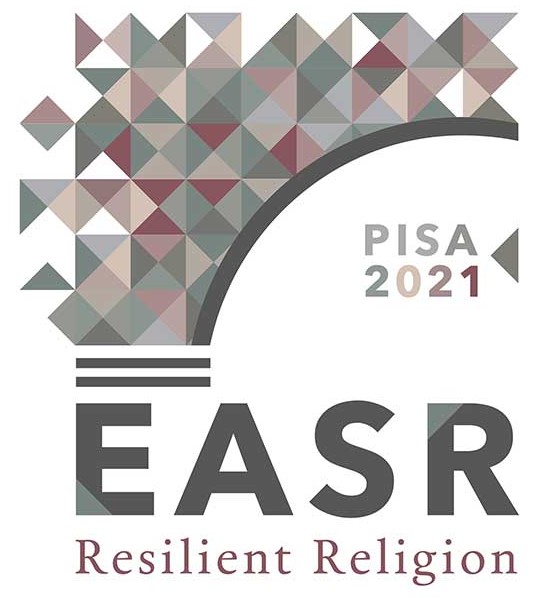Institutionalism as strategy of resilience
Institutions are usually defined by reference to their structural relations and by their characteristics, such as degrees of embeddedness, taken-for-grantedness, routine, low cost and upkeep (DiMaggio & Powell, ‘Introduction’, 1991). The most significant institutions do not require deliberate action, but are rather independent of the individuals and agents associated, and even at times become ‘invisible’ in their surroundings.
In times of crises and in the face of demise or destruction, the structures that include strong intuitions may prove more resilient. In Western Europe, churches characterized by deep levels of institutionalization and strong structural support have survived crises after crisis – in part at least – due to the significant structural inertia and natural presence in the religio-organisational field (Vinding 2013). For Muslim and other religious minority communities in Europe, looking to churches, their institutions and relations to authorities in state and society may be a strategy to create and secure resilience and to follow mimetically their example and isomorph into similar structures, frames and networks. Similarly for Jewish communities, relying on historical understandings of respect through structural embeddedness and institutional quietness remain in many instances.
As scholars of religion – both structuralists and advocates of a ‘lived religion’ approach (Ammerman 2020, Repstad 2019) – argue, the power and presence of the taken-for-grantedness is so significant that it influences both those who seamlessly adopt the structures as natural and those who see themselves outside the organizations and structures. The latter perhaps take more note than others, as they often define themselves in opposition to that power. In this session, we discuss examples of religious resilience expressed through various degrees of institutionalization and opposition to institutionalization and strategies building on both openness and closedness to the surrounding majority societies.
This panel invites examples of crises and challenges to Muslim and Jewish communities, and explores how they may be understood in a place of imperfect institutionalization and how a strategy of further embedding themselves in the structures of recognition, inclusion and integration is a viable strategy of resilience.
Niels Valdemar Vinding: lbm993@hum.ku.dk
